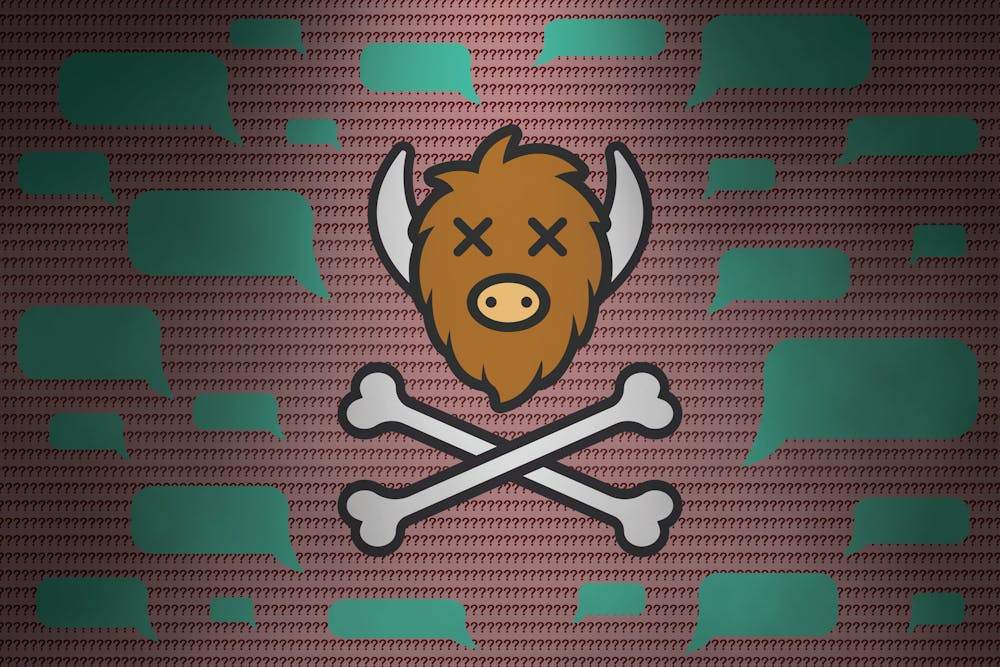Editor's note: Evan Ringel is a member of The Daily Tar Heel Board of Directors.
At a UNC System Board of Governors meeting last month, UNC System President Peter Hans introduced a plan to block anonymous social media apps on all UNC System campuses.
His decision is driven by concerns about the polarization of students due to cyberbullying that he said is prevalent on these platforms. According to a letter Hans wrote to the BOG, these apps overlook serious issues ranging from sexual harassment and racial insults to drug dealing.
Anonymous messaging apps act as “the modern equivalent of scrawling cruel rumors on the bathroom wall, except now with a much larger audience,” Hans wrote.
Hans said it is important to recognize creating a healthier relationship between students and technology by educating them to think critically and engage in respectful civil discourse.
Applications subject to the ban include Yik Yak, Fizz, Whisper and Sidechat. These apps act as hyper-local social platforms where students can comment, reply and send direct messages to other users anonymously.
Hans’ proposed plan to block student use of these apps expands across 17 schools in the UNC System, including UNC-Chapel Hill.
UNC Media Relations said in a statement that the University’s IT and legal teams have been tasked with drafting a plan to implement and regulate the ban. Hans has the power to implement the plan without needing approval from the BOG.
The blocking of these platforms would likely be done through device-based controls which make it so the apps cannot be installed on University- or state-owned devices, Vice Chancellor for Information Technology and Chief Information Officer Michael Barker said in an email statement.



